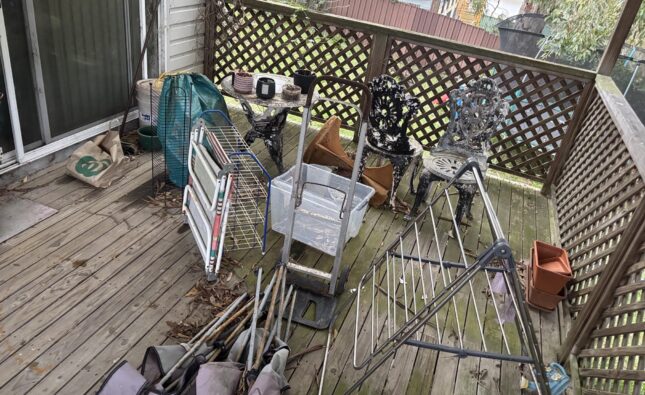Owing an individual home, one in a designed village, housing estate, or condominium building will have diverse benefits and concerns. In the next few minutes, we will clarify those benefits and concerns for each residence type.
Single Family Homes
- A single-family or stand-alone home is a single structure bought by an owner where the property, maintenance, liabilities, expenses, and more belong solely to that owner. The owner will arrange all repairs, updates, and changes. They consult no one outside the home for approval beyond law and codes.
- All expenses are yours. All choices are yours.
Body Corporate
- A Body Corporate is the legal division of property creating portions exclusively owned by owners, and parts owned as common property by the Body Corporate in Richmond, Inner West, or Rosebery. Location doesn’t matter. They all function the same. Owners have the right of access and control over amenities, but not ownership of amenities.
- The Body is a legal entity made up of the owners. They will meet and discuss changes for approval or alteration. They will hold set meetings for annual review, have long-term maintenance plans, and contract vendors to assist in environmentally conscious choices. All costs will be allocated to owners based on their ownership interest in the Body. The downside is that if some owners do not pay, the job will be delayed. Structural insurance is cheaper due to the bulk purchase of all owners.
- Share public space expenses. Vote on all common space changes or rule implication/termination.
Home Owners Association
- A suite, studio, or condo in a building or housing estate may have common areas paid for but not owned by the condo occupant. Spaces like elevators, entryways, hallways, parking, gardens, etc., are maintained by the Home Owners Association (HOA). All condo owners will pay a monthly fee to the HOA for all related maintenance.
- An HOA is not created under the guidance of specific legislation and can be written using confusing or abusive tactics. The condo owner has no rights to public spaces. They belong to the HOA as a separate legal entity from the ownership group.
- An HOA will enforce all the conditions of approved plans for maintenance or development. You may not be able to choose colours or styles of changes. They will ensure compliance with real estate laws, control security, handle disputes, and make changes as they see fit without the input of owners.
- All expenses are yours. Few choices are yours.
Residential property is covered under piles of legislation, laws, and codes. There have been many legal disputes that drove the creation of those laws. To avoid those disputes, Stay informed and current via your local government websites. Your home will be one of your largest expenses. Own and maintain it properly, and it could become your largest investment. Handle it poorly, and the results can be catastrophic.






